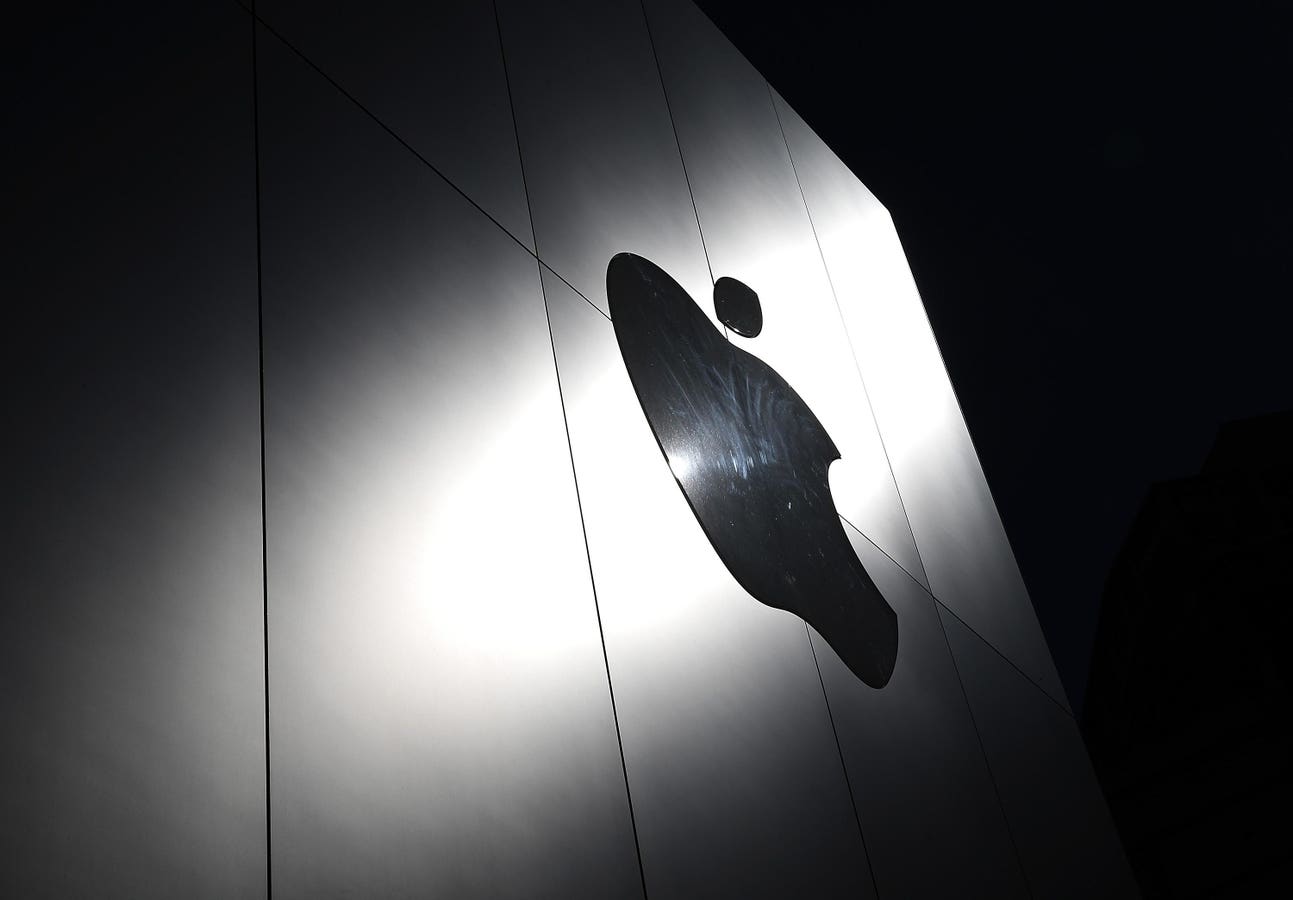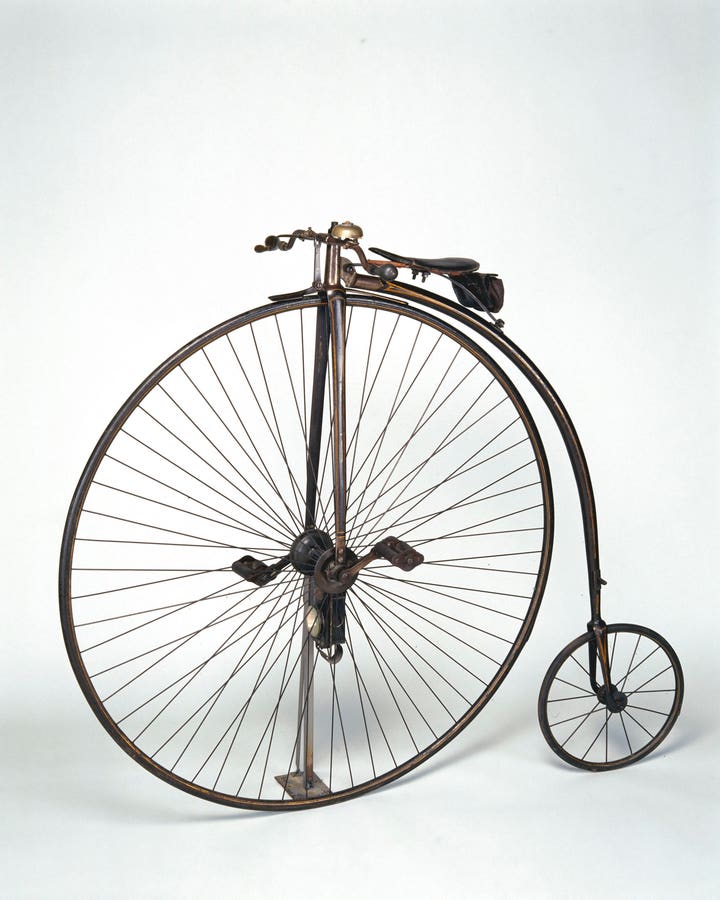Music, what can’t it do? Listening to music obviously affects people’s moods, and there is plenty of evidence that it affects memory, but two new studies highlight that music affects us in other ways as well. A study published today showed that the right type of music can help people recover from motion sickness, while other researchers reported this week that they found an effect on blood pressure. But narrowing these effects down to individual tracks may go a bit too far.
Many people suffer from motion sickness, but certain types of music may help people recover quicker, according to a new study.
getty
Music helps people recover from motion sickness
Motion sickness affects about a third of the population. It can happen in a car, on a boat or any other vehicle that makes unexpected twists and turns. Passengers usually have it worse than vehicle operators, but with assisted driving technology, even drivers are often affected.
After being back on stable ground, it can still take a while to recover from motion sickness. There has been some evidence that stimulating the nervous system in certain ways could make this recovery go faster, and researchers in China wanted to find out if this could be achieved through music.
To simulate motion sickness, they selected a twisty turny route on a driving simulator, and asked volunteers with known histories of motion sickness to take the wheel. One of the lucky control groups was allowed to stop when they started feeling ill. Another control group had to finish their queasy virtual ride and got no relief after that. The last group got to listen to music for 60 seconds while they recovered. All this took place while they were wearing an EEG cap to measure brain activity, so that the researchers could directly see motion sickness patterns in their brain and not just rely on their word.
Not everyone heard the same music, though, and the music they listened to seemed to make a difference. If they heard joyful or soft music, they recovered faster from their motion sickness. If they heard sad music, on the other hand, they recovered even slower than if they heard no music at all. Apparently the last thing people with motion sickness want is to hear sad songs.
“Based on our conclusions, individuals experiencing motion sickness symptoms during travel can listen to cheerful or gentle music to achieve relief,” lead researcher Qizong Yue told Frontiers. But Yue also admitted that this was still a very small study and that many questions are still left unanswered.
Still, it’s not the only recent study to point to physiological effects of music listening.
Music’s effect on blood pressure
At the annual European Society of Cardiology congress, researchers from King’s College London described how certain musical patterns were able to lower blood pressure better than others. In music, predictable patterns often make music more enjoyable: Listeners derive satisfaction from hearing the chord or melody that their brain already anticipated. In this study, researchers found that music that followed these predictable rules was more likely to lower blood pressure than music with unexpected patterns.
The conference’s press release further highlighted one piece of music that had the biggest effect on blood pressure: A performance of Franz Liszt’s transcription of a Serenade by Franz Schubert, played by pianist Harold Bauer. But be very wary of any claims that Bauer, Liszt or Schubert has any particular advantage over other music! Statements that like have a risk of veering into “Mozart effect” territory.
The term “Mozart effect” is often used to argue that Mozart’s music is supposedly making children smarter. It inspired a collection of CDs that people could play for their babies to improve their intelligence. But the entire idea was based on a single study involving a few dozen university students (not children) who happened to perform better at a few types of tasks (not overall intelligence) when they listened to Mozart. And that was in a study where the only options were: listen to Mozart, listen to spoken relaxation tips, or listen to nothing at all. Mozart wasn’t better than Beethoven or Beyoncé – his music was just the only music in the study!
In the cardiovascular study, it’s equally unlikely that there is anything particular about Schubert, Liszt or pianist Harold Bauer that makes this particular piano piece better suited to lowering blood pressure. It just happened to be one of the pieces included in the study.
Categorizing by genre or type of music in this sort of research is also somewhat limiting. Who is to say that the “joyful” music from the motion sickness study was as joyful to the listeners as it was to the researchers, for example.
And that’s something to keep in mind every time you read about studies that show any interesting effects of listening to music. The music was almost always selected by the researchers and their selection limits what the study can show. It’s really hard to make any generalisations about individual artists’ styles, unless the sample of music is extremely large.
But while it’s hard to draw conclusions about the effects of specific styles, both of these new studies show that listening to music can have quite wide-ranging effects on the body. It’s a reminder that the human body is very complex, and that organs are not entirely separate entities.









